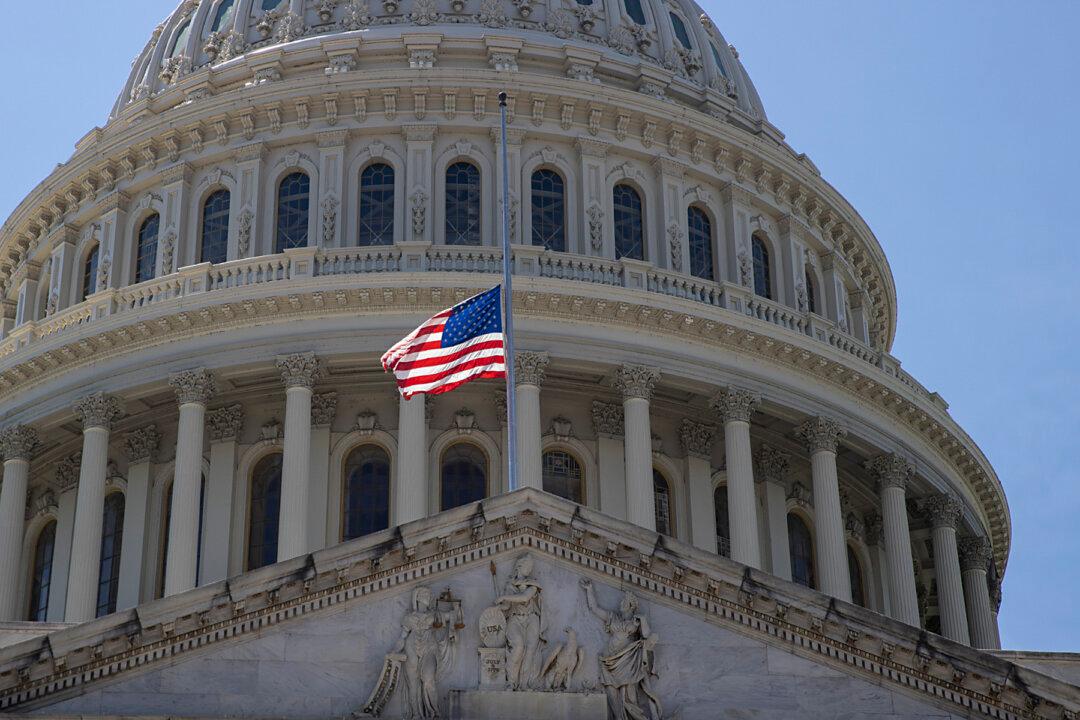The House of Representatives will vote on whether to make Washington, D.C. a state on Tuesday, April 20, according to the House Committee on Rules.
House Majority Leader Steny Hoyer (D-Md.) previously said that the House would attempt to vote on the bill during the week of April 19, which is next week.





